Pages (5 results)
TopFaculty by Primary Interest
Areas of Interest Climate Change ERG COREDavid AnthoffDavid Anthoff is an environmental economist who studies climate change and environmental policy. He co-develops the integrated assessment model FUND that is used ... Continue Reading »
Master’s Degree Curriculum Requirements (MA or MS)
The purpose of the ERG Master’s program is to educate the next generation of interdisciplinary leaders. Specifically, students are taught the range of methods and subjects they should be able ... Continue Reading »
Summer Instructors 2025
The Energy and Resources Group summer instructors understand the complex and interdisciplinary nature of sustainability. All have significant experience teaching and/or professional experience in the subject areas of their courses. ... Continue Reading »
Equity Diversity
Diversity, equity, and inclusion (DEI) at ERG Equity and inclusion are at the heart of our mission to provide education and research for a sustainable and just society. We aspire ... Continue Reading »
Affiliated Faculty
ERG has a small core faculty but a much larger group of affiliated faculty. Affiliated faculty are based in other departments on campus or at the Lawrence Berkeley National Laboratory, ... Continue Reading »
Alumni (3 results)
Top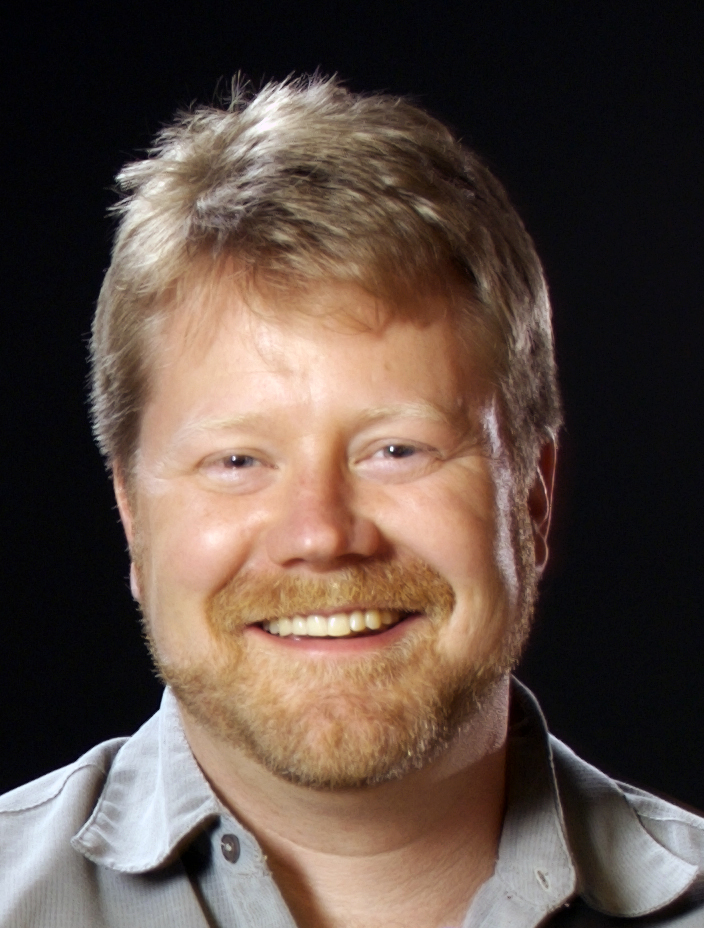
Arne Jacobson
PhD
ALUMNI SPOTLIGHT: ARNE JACOBSON Ph.D. 2004 Professor in the Department of Environmental Resources Engineering at Humboldt State University From his post at Humboldt State University, Arne Jacobson passionately extends ... Continue Reading »
- energy use and environmental impacts
- international development
- regional energy planning
- renewable energy
- renewable energy on Native American Reservation lands
- social and economic costs and benefits of energy use
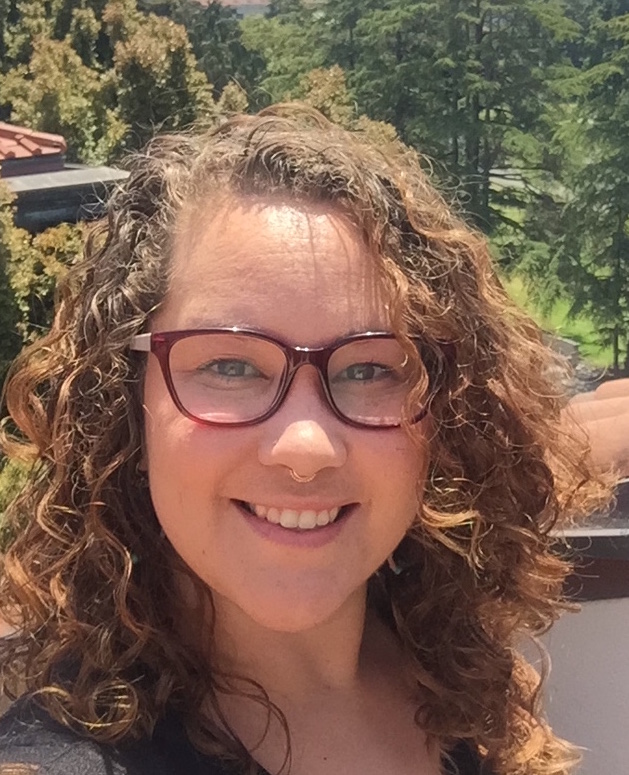
Laura Moreno
MS, PhD
Everyday Transformations of Food to Waste: What and Why Food is Discarded in U.S. Households (PhD ’19) From digging through trash to looking inside of people’s refrigerators, Laura researches household-level ... Continue Reading »
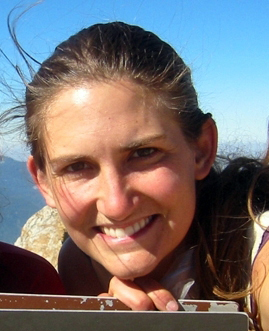
Danielle Svehla Christianson
MS, PhD
At times the problem of understanding phenomena is one of seeing. That is why Danielle explores new ways of demystifying complexity through visual representation. She seeks new techniques to illustrate often-forgotten, yet fundamental dependencies between human society and the natural world. One such technique is terrestrial laser scanning (also known as LIDAR), which she used to create a 3-D model of her ecological study site in the Sierra Nevada. This along with her seedling research seeks to inform the uncertain future of resource management.
News (4 results)
Top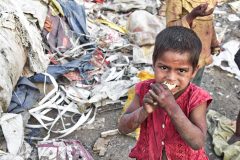
Food Security Why Climate Change
May 16, 2018
Last month, the Nanaimo and Area Land Trust co-hosted a world-class symposium on water stewardship in a changing climate. Canadian water expert and professor Bob Sandford spoke about “The Hard ... Continue Reading »
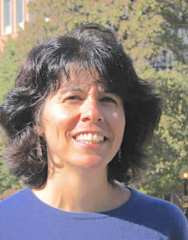
Rachel Schurman In Memoriam
April 4, 2024
(June 9, 1958 – March 17, 2024) Rachel Schurman was the first woman to serve on the core faculty of the Energy and Resources Group. She came to Berkeley as ... Continue Reading »
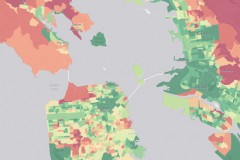
Jones & Kammen compare neighborhood footprints
January 7, 2016
The first-of-its-kind interactive map was produced by the University of California, Berkeley’s CoolClimate Network and the Bay Area Air Quality Management District, and covers census block groups –neighborhoods of several ... Continue Reading »
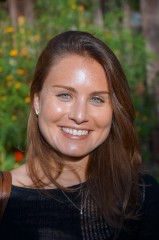
One grad student’s story: from English lit to global climate talks
December 7, 2015
ERG grad student Valeri Vasquez will be at the COP21, acting as a counselor to the co-chair of the United Nations climate negotiations, Daniel Reifsnyder. She has been advising on the mediation and negotiations among the 195 national parties to the U.N. Framework Convention on Climate Change.